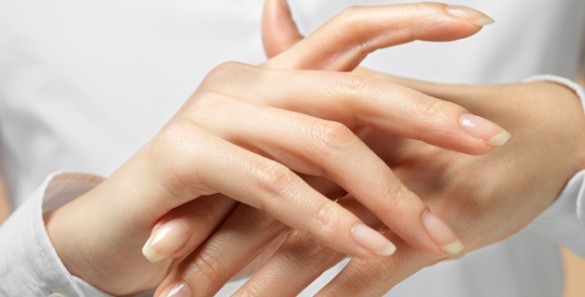
Cold weather is the enemy of skin.
Our bodies have a natural layer of oil that helps protect the skin, but the dry air of winter (along with poor skin care) can override this natural protection and leave a lot of people with itchy, scaly winter skin.
“[rquote]Like a vacuum, the dry air of winter sucks water right out of our skin,” said John Zic, associate professor of medicine[/rquote] and a dermatologist at Vanderbilt University Medical Center.
And when the moisture gets sucked out of skin, the dry skin of winter is more likely to become inflamed and itchy. Dry skin is the single most common cause of skin itchiness, Zic said.
So, especially in winter, skin moisturizing can make the difference between comfortable smooth skin and dry itchy skin.
Zic’s winter skin tips include:
- Use superfatted soaps, but not heavily perfumed soaps. Superfatted soaps add moisturizers; soaps with perfumes wash oils away and make skin drier. Also, liquid soaps are generally more moisturizing than bar soaps.
- Warm, short showers are better than long, hot baths. The heat of a hot bath melts away the skin’s protective oils and may dry out the skin.
- Pat dry after a shower or bath. Vigorous rubbing leaves protective oil on the towel, not on the skin.
- Moisturize — a lot. Immediately after a bath is a good time to moisturize because it can seal the moisture in your skin. Unscented moisturizers are better because fragrances are added to products along with alcohol, which can dry the skin. Greasy ointments, including petroleum jelly, are better than lotions or creams.
- Fragrance-free laundry detergents are better for your skin. Products with fragrance can transfer from clothes to skin and cause dryness. Fabric softener dryer sheets are also bad because of the fragrances embedded in them.
- Keep your home’s humidity elevated with room or heating unit humidifiers.
- For dry, cracked hands, try applying a thick layer of petroleum jelly to your hands at bedtime, cover with cotton gloves (you can get these at pharmacies), and wash off in the morning. For deep cracks in the skin, apply an antibiotic ointment three times daily.